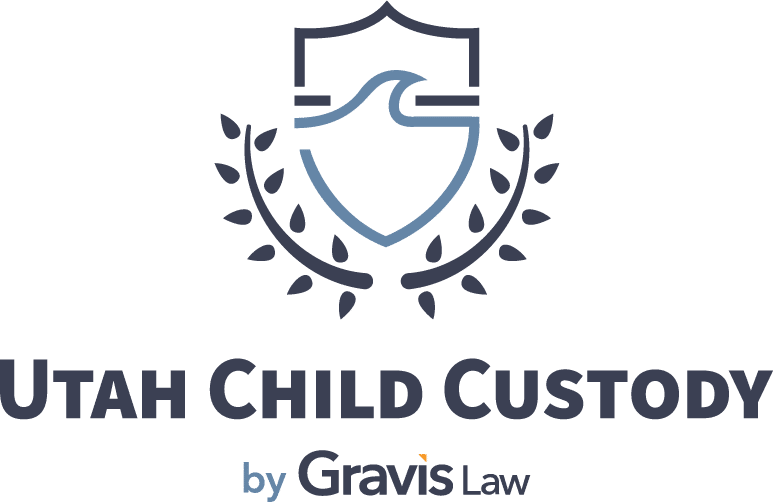Looking into Private Adoption
A married couple with no children will likely choose to adopt and look for a baby for adoption. Infant adoption is often complicated. Adoption laws vary depending on where you live. Specific adoption requirements (such as marital status) will also depend on the type of adoption services you will choose.
Proceeding with a private adoption (or independent adoption) enables both aspiring adoptive parents and birth parents to have more control over the adoption process. These are often quicker than those that go through an adoption agency. In this set-up, the adopting parents would also likely form a personal relationship with the birth mother (and sometimes even birth father) of the would-be adopted child. Lastly, even if the medical expenses of the mother of the newborn adoptee must be paid, it is still among the least expensive adoption options.
Privately adopting a baby, however, will require you to fill out numerous adoption forms necessary to comply with the legal process. This is on top of your new parental obligations. Supervision of a reliable adoption attorney is necessary when dealing with all the required paperwork. Also, problems could arise if the would-be adoptive child does not receive the necessary adoption counseling. Such is required under relevant adoption law.
In Utah, the requirements that must be met when adopting children are fairly cut and dry. There are general guidelines that must be observed across the different adoption options, and specific ones for the adoption service you will choose.
 A married individual who wants to adopt a child must first obtain the consent of his or her spouse. An unmarried person who wants to be a ‘single parent’ through adopting children may likewise proceed with the process. Same-sex and LGBT couples adopting children may do so as long as marriage requirements are met. Cohabitating unmarried couples, however, will not be able to adopt.
A married individual who wants to adopt a child must first obtain the consent of his or her spouse. An unmarried person who wants to be a ‘single parent’ through adopting children may likewise proceed with the process. Same-sex and LGBT couples adopting children may do so as long as marriage requirements are met. Cohabitating unmarried couples, however, will not be able to adopt.
An adoption agency would usually require a minimum age of 21 years old for those who want to adopt children. However, for private adoptions, only the general requirement that at least one of the adoptive parents should be a minimum of ten years older than the would-be adopted child is observed. There is no upper age limit put in place.
Any aspiring adoptive parent must undergo a home study. Regardless of the type, a home study conducted by a Utah-licensed professional is necessary for the finalization of the process of adoption.
Home studies would usually include fingerprinting and criminal background checks. Having a felony conviction in one’s criminal history will not automatically prevent an individual from adopting a baby. However, you would have to instead go through agency adoption and the court will carefully examine your case and specific circumstances.
Part of the adoption home study is your medical records. This is to ensure that you are mentally and physically capable to adopt a baby. Adoptive families must also submit to their home study professional their financial statements. This is to ensure that a would-be adoptive family is financially stable. They must be capable of providing for the living expenses and other basic needs of the child they want to adopt. In addition to meeting the home study requirement, the birth parents in a private adoption would likely be concerned about these things as well.
While emotional readiness is not easy to verify, in Utah it remains one of the most important requirements when adopting a child. In addition, meeting certain emotional requirements can be a good indicator of successful private adoption.
These requirements for child adoption include:
- Uniting with one’s spouse on adoption expectations and goals, including attitudes on the adoption journey and would-be parenting methods
- Dealing with grief from any infertility or unsuccessful pregnancies experienced
- Releasing expectations or preference for a biological child
- Learning about and maintaining, when applicable, post-adoption relationships with the birth family of the child
- Emotionally preparing for the adoption process and raising would-be adopted children
Every child deserves a nurturing and loving family (or what some refer to as a forever family). While learning how to adopt is not simple, it is not impossible. An adoption lawyer can help you with the process, requirements, and other private adoption information.
For clarifications on the above, for an explanation of the difference between open adoption and closed adoption, or for inquiries on domestic adoption, foster care adoption, or international adoption, give us a call at 801-516-3186. Talk to us at Gravis Law for more information.
